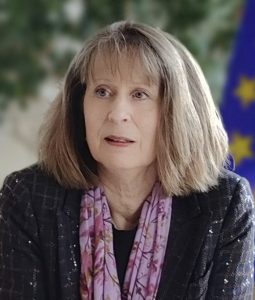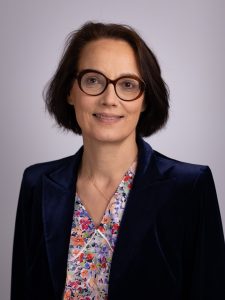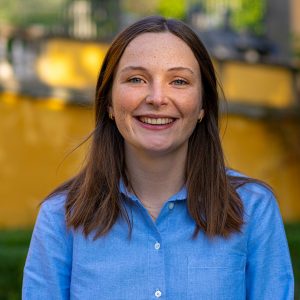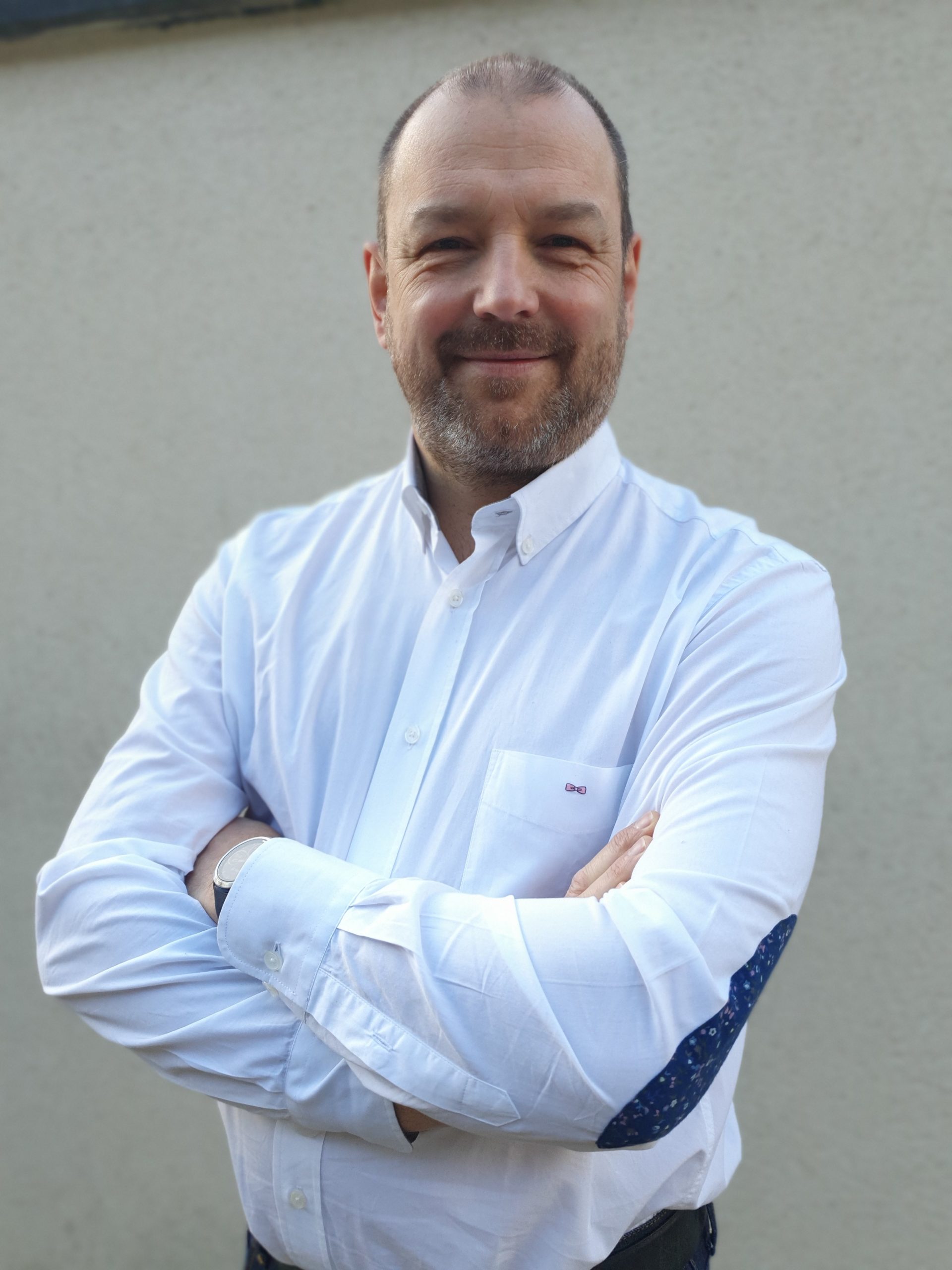
- Which flexibility technologies are most suitable to integrate renewables and optimize our grids?
- Where in the energy system should they be placed?
- What frameworks do they require to flourish?
To discuss this with experts from research, policymaking, and the energy industry join us at the 4th Sustainable Energy Day
“The Rise of Flexibility:
A Demand-Side Story?”
organized by NordNET and CSEI – free of charge and open-for-all.
SustainED has the vision to connect research, policymakers, and industry. Participants will therefore be from all three domains and include students from CBS and DTU.
The conference will take place at the CBS campus (Råvarebygning Auditorium 20, Porcelænshaven 22, 2000 Frederiksberg). Coffee, tea, snacks, and lunch will be provided. All food served will be vegetarian. For any questions, please email us at enerforsk@cbs.dk.
SustainED is supported with funds from Nordic Energy Research.
Program
| From 8.30 | Coffee, Tea, and Fruit |
| 09.00 – 09.05 | Welcome |
| 09.05 – 10.15 | Inauguration Keynote |
|
|
| 10.15 – 10.30 | Vitamin Break |
| 10.30 – 12.00 | Session 1: Policy |
|
|
| 12.00 – 13.00 | Lunch & Discussion |
| 13.00 – 14.00 | Session 2: Technology & Data |
|
|
| 14.00 – 15.00 | Session 3: Industry |
|
|
| 15.00 – 15.30 | Panel Discussion |
| with the speakers moderated by Anne Neumann (NTNU/CSEI, CBS) |
Speakers

Catharina Sikow-Magny (CSEI, CBS)

Chloé le Coq (Univ. Paris-Panthéon-Assas/CERRE)
Chloé Le Coq is a Professor in the Department of Economics at the University of Paris Panthéon-Assas (CRED) and a Research Fellow at the Stockholm School of Economics (SITE). She has held visiting positions at Purdue University, the University of California Energy Institute at Berkeley, and the National University of Singapore. Her research focuses on industrial organization, law and economics, with a particular emphasis on energy markets and their regulation. Her recent work includes empirical studies on nuclear safety, technology-mix competition, interconnections, and energy security issues.

Felipe Gonzalez Venegas (ACER)
Felipe is a Policy Officer in the Flexibility and Resilience team at ACER, working in the new Flexibility Needs Assessment process. Felipe previously worked as a consultant at Artelys, focused on power systems flexibility and electricity markets. He holds a PhD from Université Paris Saclay where he studied frameworks for the flexible integration of electric vehicles into the grid, and Masters in engineering from Universidad de Chile and CentraleSupélec.

Ellen Beckstedde (FSR)
Ellen is a research associate at the Florence School of Regulation (FSR), where she is co-director of the Evolution of Electricity Markets in Europe course. She holds a PhD in mechanical engineering from KU Leuven and Vlerick Business School, Belgium. During her PhD, she examined distribution network planning, flexibility mechanisms, and regulatory sandboxes using both quantitative and qualitative research methods. She graduated from KU Leuven as an engineer specialising in energy in 2019.

Laurent Schmitt (Digital4Grids)
Laurent Schmitt has joined Dcbel early January 2022 as CEO of Dcbel Europe as well as Head of Utilities while funding Digital4Grids. He has been working for the last 25 years through the Automation, IT and Digitisation of the Power Industry. Before joining dcbel, he was the Secretary General of ENTSO-E for the past four years and Global Smart Grid Strategy Leader at General Electric Grid Solutions. Laurent worked in Europe, the United States and Asia, on all sectors of the electricity value chain from power generation controls, intro trading and market, grid management as well as DER integration and microgrid community. He graduated in Power System Engineering from Supélec in Paris and holds an Executive MBA from INSEAD, France.
Mark van Stiphout (DG Ener, EC)
Jack Kristensen (Andel)
Jaana Viitakangas (Helen)
Copenhagen Business School (PHR)
Frederiksberg, 2000 Denmark
ENERforsk is a network to connect energy researchers in Denmark (and neighboring countries). ENERforsk is supported by Copenhagen School of Energy Infrastructure, DTU Management – Energy Economics and System Analysis, and DTU Wind – Society, Market and Policy and receives funding from Copenhagen Business School.
